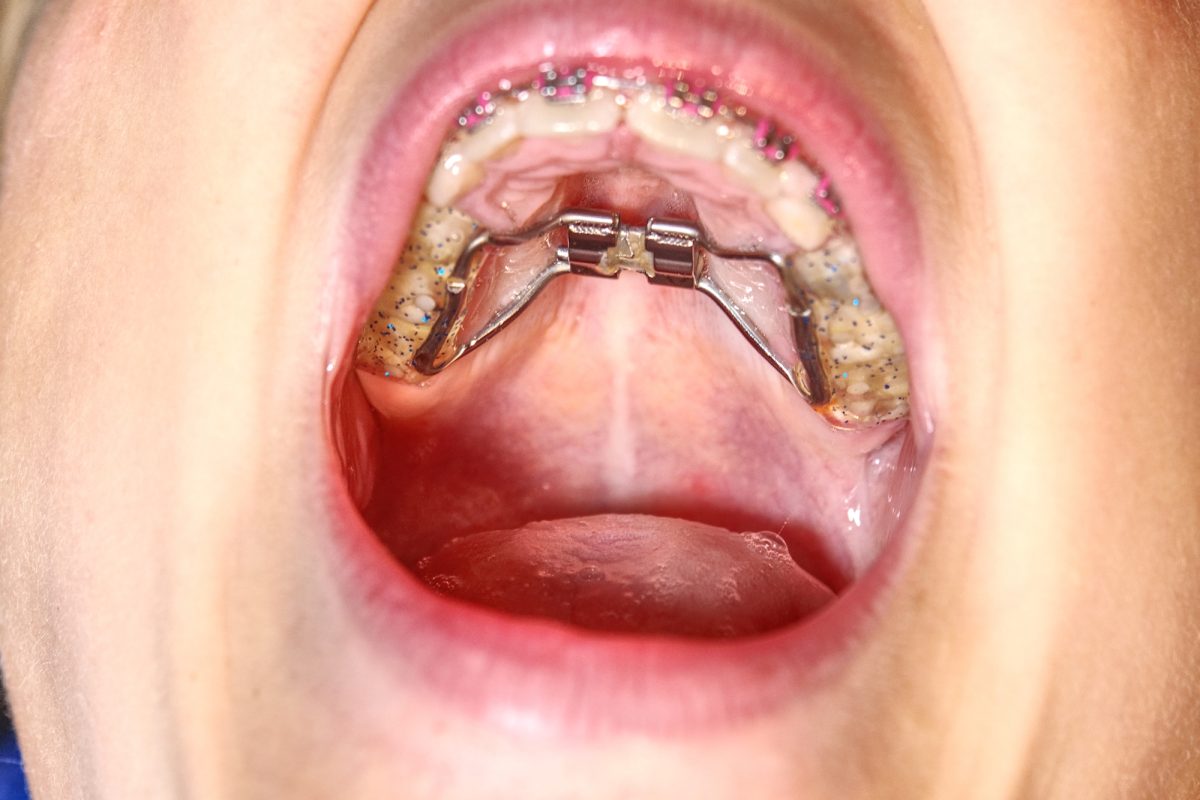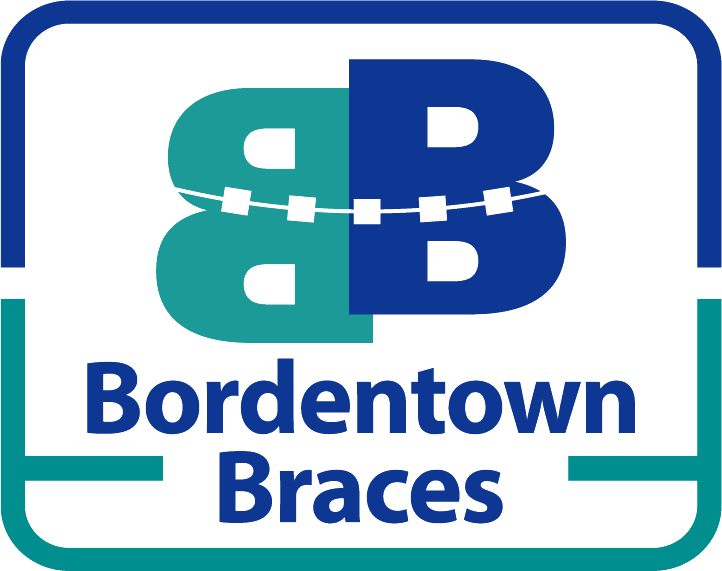
Crossbite Treatment Options in Correcting Dental Misalignment
If you have a crossbite, you probably also have a dental misalignment. This means your upper jaw and lower jaw are not perfectly aligned. Not only can this make your smile look bad, but it can also make it hard to chew.
Untreated crossbites can also lead to a number of different health issues including jaw problems, pain with chewing, tooth decay, and even gum disease.
Most crossbite treatments include tooth removal, a number of different orthodontic devices, braces, Invisalign, or jaw surgery in extreme cases.
If you have a crossbite and are interested in treatment options, come to visit our orthodontist in Hamilton NJ, who can advise you which treatment option is best for your situation.
Symptoms of a Crossbite
An orthodontist or dentist will be able to tell you for sure if you have a crossbite. You might know that you already have a crossbite if you have experienced headaches, jaw pain, or tooth decay.
Those with crossbites are also more likely to grind their teeth, have jaw problems, have abnormal facial development, or their teeth might show signs of wearing down.
Invisalign Vs Braces
One of the most common treatments for crossbites is Invisalign and braces. Some people choose to get braces while others get Invisalign. However, Invisalign is not for everyone. You will need to consult an orthodontist to first see if Invisalign is an option for you or not.
Braces are one of the most common treatments for crossbites because most people also need to get braces to fix other issues like crowded teeth or other jaw issues.
Braces are small brackets placed on the teeth that are connected by wires. The wiring is then tightened every time you go to the orthodontist. The tightening process puts pressure on the teeth which forces them to move into the right position.
If you’re interested in braces to fix your crossbite, you can visit an orthodontist and they can take a look at your issue and then give you a treatment plan.
Jaw Surgery
Surgery is usually only done in the cases of severe crossbites so most people can fix their crossbite with other measures like braces or expanders. Jaw surgeries are also done to fix severe overbites and underbites.
This jaw surgery can have a long recovery time so it’s usually only recommended by orthodontists and dentists if the other measures are not a choice for your situation.
Clear Aligners
These are basically the same thing as Invisalign. They are a popular choice for many because you can fix your crossbite and other dental issues without having to wear wires or brackets. This could be a good choice for adults or for those that do not want others to see that they are having dental work done.
Palate Expander
A palate expander is one of the best crossbite treatments especially for those needing pediatric treatment because the jawbone of children is able to be moved and widened more easily compared to adult jawbones that have already hardened.
A palate expander gradually expands the upper jaw to help it become better aligned with the lower jaw. After getting an expander, most people also need to get braces or aligners to complete their crossbite treatment.
Headgear
The headgear attaches to your head and will be connected to the teeth with wires. The wires will apply force to the teeth and the jaw can gradually expand and grow until it matches the size of the lower jaw.
Headgear is usually used only for teens and children as it doesn’t work as well once someone becomes an adult as their jaw is harder to change.
Tooth Removal
Before getting braces, an orthodontist might recommend that you get some teeth pulled so that the lower teeth have more room to grow and fit into the right place.
This can minimize the issues caused by the crossbite.
Dental Restorations
If your misalignment is only mild, you can get simple dental restorations like capping, bonding and reshaping. These allow the teeth to be healthy and move into the right place.
Causes of Crossbites
If you or one of your children has a crossbite, you might be wondering what has caused it or what you could have done to prevent it. However, most people are born with a crossbite or have different risk factors that make developing a crossbite easier.
There are also some habits from childhood that can cause crossbites to develop.
Genetics
Many crossbites are caused by genetics. People can simply be born with an upper jaw that does not fit well with the lower jaw and then expanders and braces will need to come in and fix the problem.
Mouth Breathing
If a person is always breathing in their mouth rather than their nose, they can experience facial features that do not grow properly. This leads to crossbites and possibly other issues developing.
Delayed Permanent Teeth
If baby teeth do not come out on time, the adult teeth can be delayed which causes crossbites to happen. This is why dentists might recommend you get some baby teeth pulled if they are not becoming loose and falling out naturally.
Childhood Habits
There are certain childhood habits that can result in crossbites. Thumb sucking is a major one as it changes the shape of the jaw and causes the teeth to not be placed correctly. Prolonged pacifier and bottle usage can also cause cross-bites to develop.
Bordentown Braces and Your Crossbite
Here at Bordentown Braces, we have years of experience in helping children and adults who have crossbites. Call us today at 609-291-8555 if you’d like to make an appointment or schedule a consultation.
We have many different crossbite treatment options as well as pediatric treatment for crossbites. Our orthodontist, Dr. Newman is highly experienced in all fields of pediatric orthodontics so you can be sure your child feels safe and comfortable in our office.
We serve many different areas of New Jersey including Hamilton, Bordentown, Florence, and Upper Freehold.
Looking for braces or Invisalign? Looking for an board certified Orthodontist in Central NJ that treats kids, teens and adults? Bordentown Braces serves all surrounding areas of Bordentown, NJ including:
